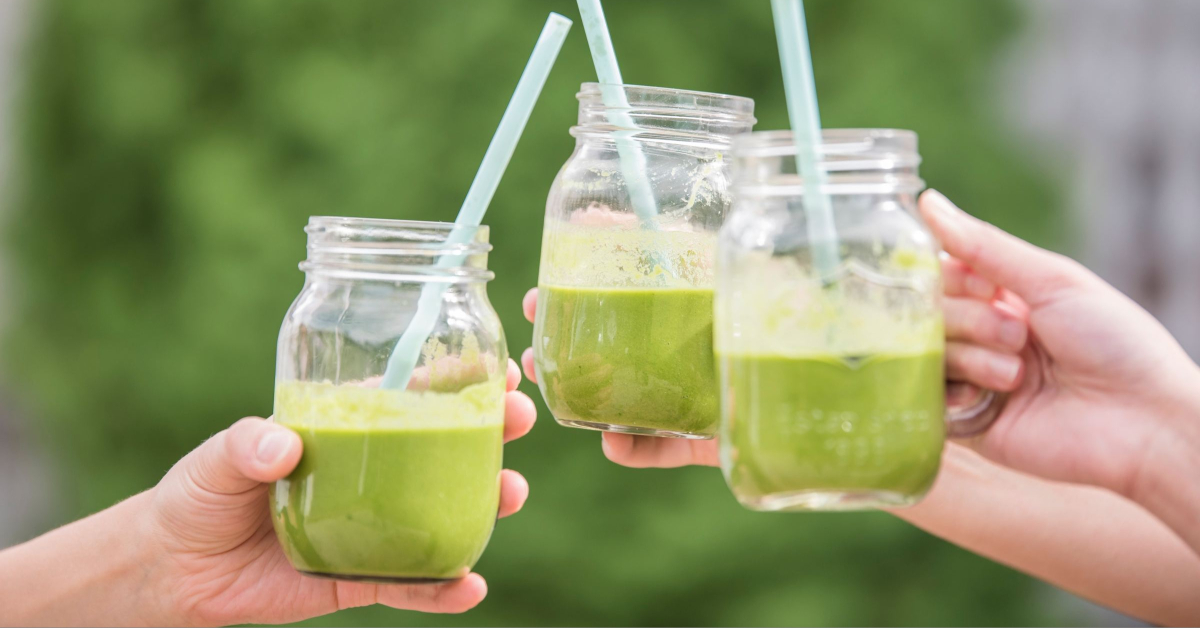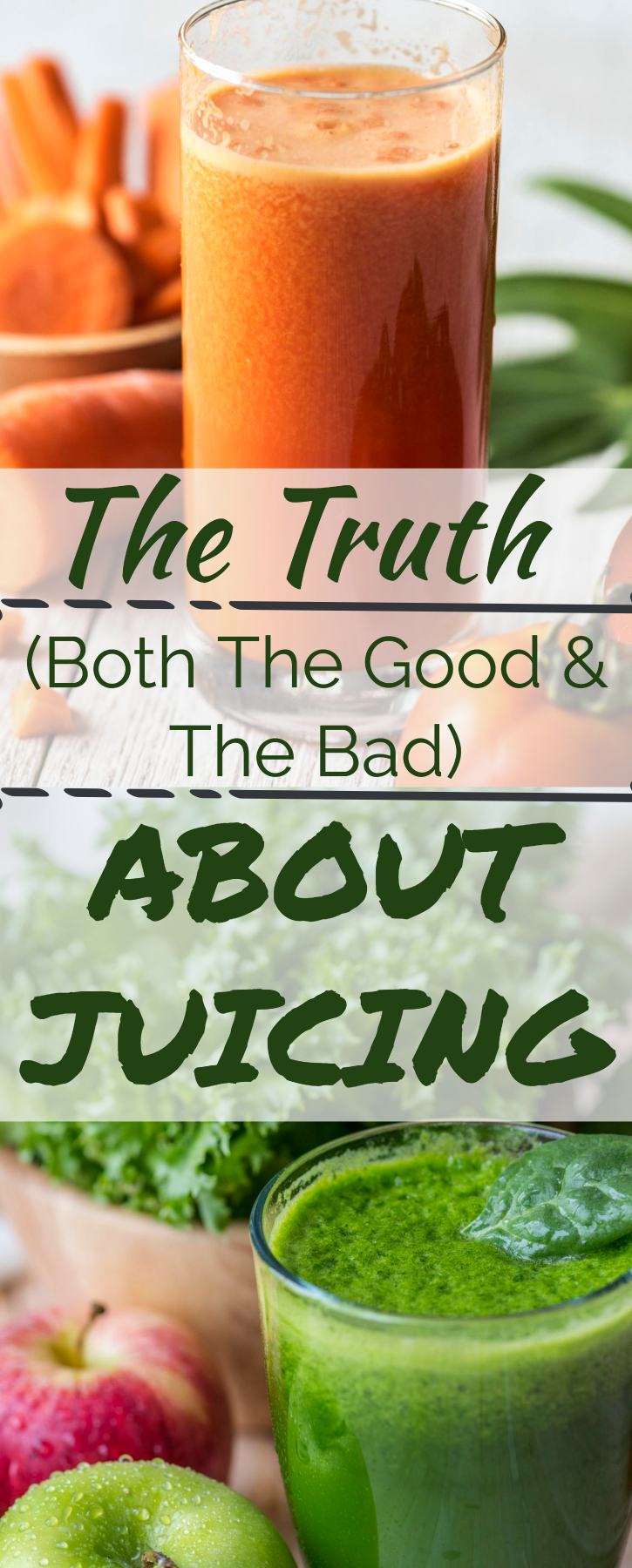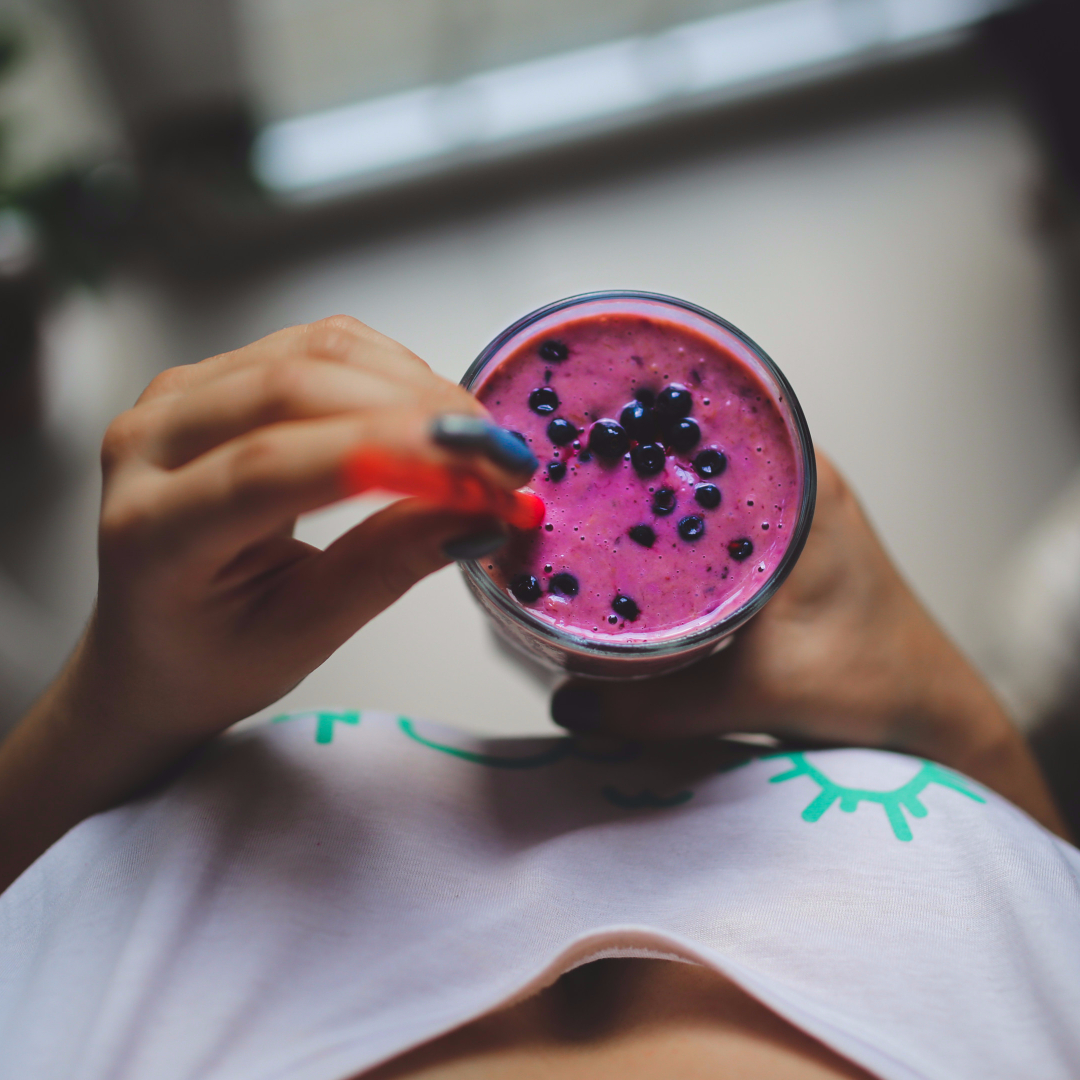 Being health conscious is super trendy. Where I live, juice bars are sprouting up all over. And some of them can charge upwards of $12 for a serving of juice. But is juicing worth the high price?
Being health conscious is super trendy. Where I live, juice bars are sprouting up all over. And some of them can charge upwards of $12 for a serving of juice. But is juicing worth the high price?
You can make your own at home if you have a juicer. But a juicer is also an expensive. And you want to get one that is quality to preserve the most nutrient value from your juice.
I personally enjoy juicing. There’s something comforting about it. And I like the taste, even when it’s just vegetables without fruit. But I’m strange. I like things that taste “healthy”.
We got a juicer as a wedding gift. When I put it on the registry, my husband thought it was one of those squeezers that makes orange juice. He was totally bummed when he realized it was really for vegetables. But this has allowed me to have juice whenever I have fresh vegetables on hand.
But what’s right for me might not be the answer for you. So today I want to go over juicing for health. I’ll talk about the good, but then also the bad. And help you decide if juicing is worth the time and expense for you!
The Good
Juicing helps you try a variety of vegetables
Juicing is great for the picky eater or for the person who doesn’t like vegetables. All you have to do is throw something like an apple in with your vegetables and you’ve completely transformed the taste.
Don’t like beets? Well, you might feel differently about beet juice. Not a fan of spinach? Slip it in with some vegetables you enjoy more. Juicing can make your diet more diverse and help you take advantage of vegetables you normally don’t.
Juicing can be easier for your digestive system
Juice is missing the fiber normally found in veggies (more about this later). And some in the nutrition world say that this helps you better absorb the nutrients. The theory is the fiber makes it more difficult for some people to absorb the vitamins and minerals.
There is debate on the validity of this argument. And you definitely need fiber somewhere in your diet. But it never hurts to have a diverse intake of nutritious foods. So including juice in a well-rounded diet can be a different way to optimize your nutritional intake.
A juice boost is healthier than a caffeine boost
I’m not knocking caffeine. There are studies that show it beneficial for all sorts of reasons. But with caffeine, there can definitely be too much of a good thing. Especially if you’re going in the afternoon for a third, fourth (or eighth) cup.
So substituting a caffeinated drink for a vegetable juice is a phenomenal switch. If the vitamins and minerals don’t give you an energy boost, the feeling that you’re being good to your body will. This is a great morning or afternoon natural energy boost.
Juice is great for those who want to increase vegetable intake
Vegetables offer vitamins and minerals that are difficult to get elsewhere. And if you or someone you love is a picky eat, juice is a great way to increase veggie consumption. Many much prefer the taste of juice, especially after a little fruit juice is added too.
Juicing shouldn’t take the place of eating vegetables. But if someone just won’t eat them, this is the next best thing. And if you want to increase your vegetable intake without feeling like you’re having to eat broccoli morning, noon, and night – this is the way to go.
So those are some of the advantages to juicing. And it’s definitely something you should consider. But let’s now talk about some of the downsides to juicing. Because they do exist and you should know about them.

The Bad
Juice loses much of its health value if it isn’t organic
When you juice, you consume a large volume of vegetables. But if your juice isn’t organic, you’re literally squeezing large amounts of pesticides into your drink. And keep in mind that high pesticide vegetables like kale, spinach, and celery are juicing favorites.
You can debate about the value of organic produce when eating the whole vegetable. But eating concentrated vegetables in this way makes organic the only way to go. And unfortunately, many more affordable juicing places offer value by serving non-organic produce.
Juicing can spike blood sugar
All juices aren’t the same. And it’s possible to create juice combinations that aren’t so healthy. Putting more than one small piece of fruit into the mix can really raise the sugar content. Even some vegetables like carrots add quite a bit of sugar. So you need to choose your ingredients wisely.
Choose low sugar vegetables (like spinach, kale, dandelion greens) as much as possible. And be aware of the sugar in your veggies. Because raised blood sugar can lead to weight gain and type II diabetes.
Juicing eliminates fiber
While juice is a good way to sneak some extra nutrients into your diet, it loses much of its value if you stop eating the real thing. Only whole vegetables contain health essential fiber. So you’re doing your body harm if you replace whole veggies with juice. This should just be an extra.
Fiber is very important for proper digestion. Without it, you’re more likely to experience constipation and bloating. And fiber deficiency can contribute to more serious conditions like I.B.S. and even colon cancer. So make sure to take in fiber filled foods too and don’t rely only on juice.
Juice shouldn’t be your only nutrition for an extended period
A one day juice cleanse is fine. This is a great way to give your digestive system a rest. But long-term juice cleanses aren’t healthy, and they’re not beneficial for detoxification either. They’re marketed to the health conscious. But sadly, they’re not that healthy
These cleanses are severely lacking in fiber. They’re also lacking amino acids from protein that are essential for detoxification. And again, sugary juice can really mess up your blood sugar. Detoxify with clean foods, not juicing gimmicks.
Final Thoughts
There’s good and bad about juicing. Personally, I enjoy it. It makes me feel good. And, as part of an otherwise healthy diet, it makes me feel like I’m doing something good for my body.
I just think it’s important to remember that juicing doesn’t take the place of whole foods. It’s like extra credit for your healthy diet – not a replacement. Done right, juice can be a great beverage. But done wrong, it can do more harm than good. So it’s important to be aware of the downsides, and make choices accordingly.


A long time ago, I had a juicer and enjoyed the taste of my juices. But mostly I like crunching foods, so I gave it away and just keep chewing away. That said, fresh orange juice is one of my favorite things ever!